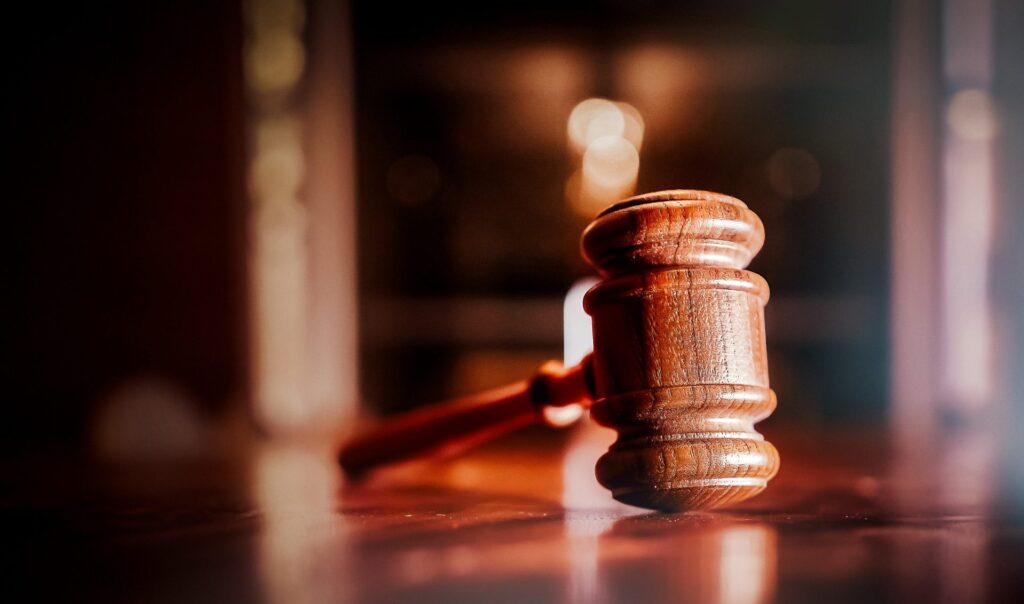A Maine criminal trial is the process guaranteed to anyone charged with a crime, but that doesn’t mean one will actually get to a trial with a jury. A lot depends on what occurs well before the trial, and there is quite a bit of play that can make big changes to the outcome of a person’s defense.
At the very beginning of the issues leading up to a trial is an investigation, and if a person is aware of being targeted in such a law enforcement activity, his or her attorney can do quite a bit to understand what potential crimes are being investigated and the interest of the prosecutor’s office involved. Unfortunately, state and local investigations tend to be far more tight-lipped, as local prosecutors are interested on getting to arraignment rather than working out plea deals early on.
However, with federal investigations, which often take far longer, there tends to be more interest in conversations and working out lesser charges before an arraignment actually occurs.
Call 207-571-8146 or contact us online to schedule a consult with one of our highly skilled criminal defense & OUI lawyers, serving Southern Maine, today.
Table of Contents
The Formal Hearings
The arrest and arraignment is the formal process one goes through to be charged with a crime. This is the point where the prosecutor, after a defendant has appeared in court, frequently following his or her arrest, lists the basic facts of the case and charges sought. The defendant, generally under the guidance of his or her defense attorney, then has to decide whether to plead not guity, guilty, or nolo contendre (no contest). From this point until the trial, there tends to be a series of hearings ranging on everything from calendaring the case to challenging various pieces of evidence to be used in the trial, so that both sides have ample to opportunity to adequately prepare their cases; this is crucial to the defense attorney representing the accused.
During this period, a defendant will also get quite a bit of pressure from the prosecutor to agree to a plea deal. It provides a win for the prosecution and possibly a lesser sentence to some degree for the defendant’s cooperation. This is also a period when the prosecutor may try to make plea offers if the defendant can incriminate anyone else into the alleged crimes as well. Guidance from the defense attorney is critical to making a decision upon any plea bargain offerings, as the attorney will have a general idea as to the strength of the defense case by this time.
Once the various procedural hearings are heard and rulings on the evidence and material allowed in the court are made, a final opportunity to negotiate the case before the jury selection process begins. Known as voir dire, both prosecution and defense get to use challenges to eliminate potential jurors who could be a problem in a trial. Some challenges are discretionary, and some must be for cause. Most courts start with a verbal survey of prospective jurors to get their views on various issues that could affect their bias or judgment in a case. All of this information is considered, and a good defense attorney goes over every juror to determine whether he or she is a good risk or bad one on a jury.
The Trial Itself
Finally, with a jury set and procedural hearings finished, the trial date is set and begins. This processing involves an organized presentation of evidence and witnesses by both the prosecution and defense. The prosecution presents its case first, followed by the defense. Both sides have an opportunity to question witnesses, challenge the admission of evidence and make arguments to the jury in the form of closing arguments, whereby each side gets to make a final statement to the jury and the prosecution gets to rebut the defense’s final argument. When finished, the judge then instructs the jury on what laws to apply to the case and their definitions.
The jury is then sequestered until a decision is made. When done, they read the determination in court, guilty or not guilty, and the court then proceeds to sentencing in the case of a guilty finding.
How is a Jury Selected for a Criminal Trial?
If you have any questions about the trial process in Maine, don’t hesitate to contact The Maine Criminal Defense Group today at (207) 571-8146.
Call 207-571-8146 or contact us online to schedule a consult with one of our highly skilled criminal defense & OUI lawyers, serving Southern Maine, today.


